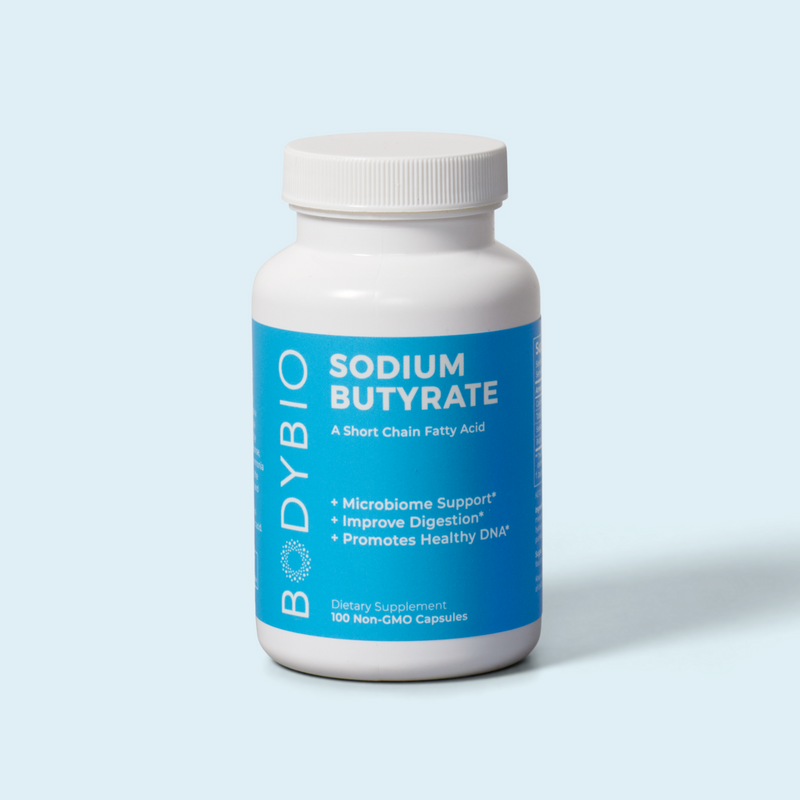Discover the Key to Food Digestion and Resistance With Intestine Wellness Assistance

Comprehending Digestive Tract Health And Wellness
Comprehending intestine health is crucial for total wellness, as it plays a considerable function in digestion, resistance, and also mental wellness. The gut, consisting of the intestinal tract, is accountable for damaging down food, absorbing nutrients, and eliminating waste. A well balanced digestive tract environment makes certain effective food digestion, allowing the body to utilize nutrients successfully.
In addition, digestive tract wellness substantially impacts the immune system. The digestive tract houses a significant section of the body's immune cells, and a healthy gut can assist ward off virus and minimize inflammation. Disturbances in intestine health and wellness can lead to an overactive immune action, potentially adding to autoimmune problems and allergic reactions.
Furthermore, the intestine is typically described as the "2nd brain" because of the gut-brain axis, an intricate interaction network linking the brain and the digestive tract. This connection influences state of mind, cognition, and psychological health. Concerns such as dysbiosis, characterized by a discrepancy in gut bacteria, have been related to psychological health and wellness conditions, including anxiousness and clinical depression.
The Intestine Microbiome Explained
The intestine microbiome, a diverse area of microbes living in the gastrointestinal tract, plays a critical role in keeping gastrointestinal wellness and total wellness. Consisting of trillions of bacteria, viruses, fungis, and other germs, this complicated ecosystem help in the food digestion of food, the synthesis of important nutrients, and the guideline of metabolic processes.
Each individual's gut microbiome is unique, affected by variables such as diet plan, way of living, genetics, and ecological exposures. A well balanced microbiome supports ideal food digestion by breaking down complex carbs, producing short-chain fatty acids, and promoting the absorption of nutrients. Alternatively, an inequality, typically referred to as dysbiosis, can cause gastrointestinal disorders, consisting of cranky digestive tract disorder (IBS) and inflammatory digestive tract disease (IBD)
Study has actually shown that a diverse microbiome is connected with far better wellness outcomes, emphasizing the importance of nutritional options in nurturing these bacteria. Foods rich in fiber, probiotics, and prebiotics, such as fruits, vegetables, and fermented items, can advertise a healthy and balanced microbiome. Comprehending the digestive tract microbiome is important for developing targeted treatments targeted at enhancing digestive system health and protecting against stomach conditions.

Connection In Between Digestion and Resistance
A durable link exists between food digestion and resistance, highlighting the vital role of the intestine in keeping total health and wellness. The stomach system is home to trillions of microbes that create the digestive tract microbiome, which substantially affects both digestion procedures and immune feedbacks. This complicated ecological community aids in breaking down food, taking in nutrients, and providing important metabolites that support immune function.
When food digestion is effective, the intestine barrier stays intact, stopping unsafe microorganisms from going into the blood stream (gut health supplement). Alternatively, bad food digestion can bring about an imbalance in the microbiome, leading to dysbiosis, which has been connected to different health and wellness problems, consisting of inflammatory disorders and autoimmune diseases. Additionally, roughly 70% of the immune system lives in the gut-associated lymphoid cells (GALT), which interacts closely with the intestine microbiome. This interaction guarantees that the immune system can efficiently compare beneficial and damaging materials.
Tips for Sustaining Digestive Tract Wellness
Supporting digestive tract health is crucial for preserving both digestive system effectiveness and a well-functioning immune system. To foster optimum intestine wellness, consider including several functional approaches right into your daily routine.
First, prioritize hydration. Consuming ample water supports digestion and aids maintain the mucosal lining of the intestinal tracts. Additionally, routine physical activity can boost intestine mobility and promote a diverse microbiome.
Conscious eating practices are likewise necessary. Chewing food extensively and his explanation consuming slowly can assist food digestion and avoid overindulging, which may stress the gut. Additionally, handling tension with techniques such as reflection, yoga, or deep-breathing exercises can positively affect intestine wellness, as anxiety is known to disrupt digestive system procedures.
Including prebiotics and probiotics into your regimen is one more effective technique. While certain foods will certainly be reviewed later, understanding the importance of these parts is critical. Prebiotics act as food for valuable digestive tract bacteria, while probiotics present real-time useful organisms.
Last but not least, prevent excessive use prescription antibiotics, as they can interfere with the balance of gut vegetation. By adhering to these ideas, you can substantially contribute to the upkeep of a healthy and balanced gut, which is vital for general health and wellness and vigor.
Foods That Promote Digestive Tract Health

Fermented foods, such as yogurt, kefir, sauerkraut, and kimchi, are abundant in probiotics, which are beneficial germs that support intestine flora and improve food digestion. These foods can aid recover equilibrium in the digestive tract, particularly after antibiotic usage or digestion disruptions.
Along with fermented alternatives, prebiotic foods, such as garlic, onions, asparagus, and bananas, work as sustenance for these probiotics, promoting their development and activity. These More Help soluble fibers support gut mobility and can relieve problems like bowel irregularity.
Moreover, including high-fiber foods, consisting of whole grains, beans, vegetables, and fruits, is essential for maintaining a healthy and balanced gut. Fiber help in routine defecation and helps protect against digestion problems.
Last but not least, omega-3 fatty acids located in fatty fish, flaxseeds, and walnuts have anti-inflammatory buildings that can even more support digestive tract wellness. Emphasizing these foods in your diet regimen can bring about a robust digestion system and improved immune function.
Final Thought
In verdict, focusing on digestive tract health and wellness is important for maximizing food digestion and boosting resistance. A well balanced digestive tract microbiome, influenced by nutritional choices and way of living factors, plays a critical role in nutrient absorption and swelling decrease.
Comprehending gut wellness is essential for general well-being, as it plays a substantial role in digestion, resistance, and even mental wellness. The digestive tract houses a significant part of the body's immune cells, and a healthy gut can help fend off pathogens and lower swelling.In addition, the intestine is usually referred to as the "second mind" due to the gut-brain axis, a complicated communication network linking the gut and the mind.A robust link exists in between digestion and resistance, highlighting the crucial duty of the intestine in keeping overall health and wellness.In conclusion, prioritizing gut health is necessary for enhancing this food digestion and boosting immunity.